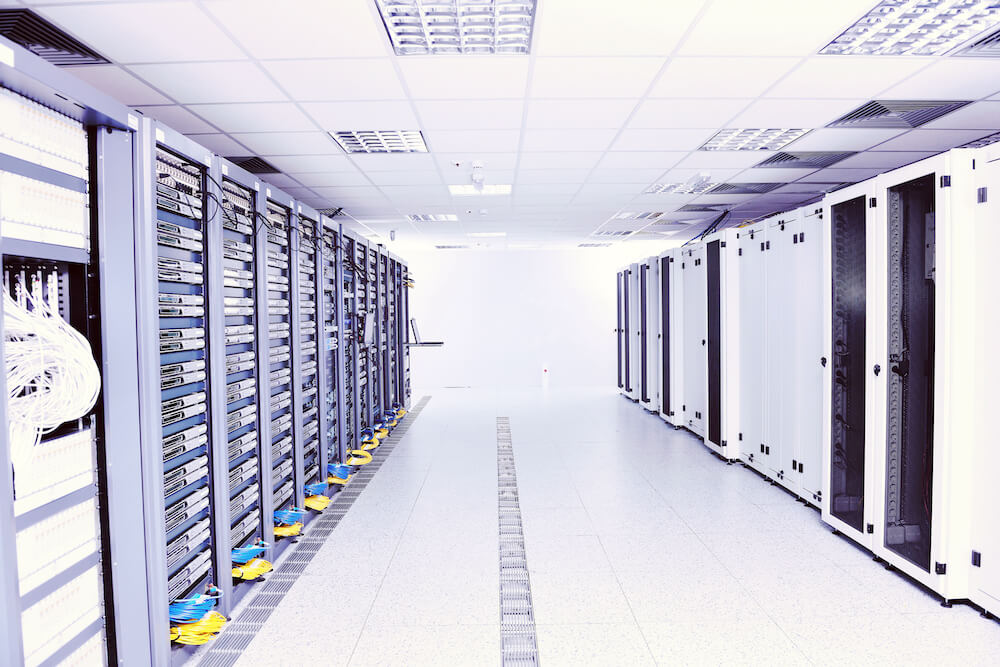Usually WordPress is a very fast system. However, for various reasons this can change from one second to the next. If you have slow WordPress? Here are some reasons why this happens. Don't despair! Relax, take a seat and take a look at this post.
If you look closely, this may have happened long before you noticed it, but you didn't pay attention to the signs. This problem occurs both on the front-end and in the admin panel of the website. Have you experienced this problem and didn't pay attention to it? Well, you need to take some corrective actions because it affects SEO in a negative way.
Why is my WordPress website slow?
If you are one of those who are starting with the use of WordPress and you are not so experienced in the reasons why WordPress suddenly gets slow, here are some of them:
A very heavy site

When you have a website you have to be clear about how much your website weighs in total. A heavy website makes functions and plugins not work properly.
You have to keep track of each page. Don't you know how to do it? If you go to Google search engine you can find many free tools to determine the weight. One recommendation is to use Pingdom or Google Page Speed InsightsWith this tool you can check the load times and weight of each of them, even from other 3G and 4G mobile devices. You will also be able to see which files are the heaviest and what actions you can take to correct this.
If the weight exceeds 1MB, find a way to compress some resources.
Very heavy images

Images usually make WordPress and our website in general load very slow. The weight of images can be easily reduced. You can first try compressing some images and exporting them in jpg format. Then, check the weight and you will notice that it gets faster and faster.
If you have a website with many images, using the Pingdom tool or any other similar tool will show you which are the heaviest and you can apply the corrections.
Now, once you fix each image, always try to upload optimized images. These plugins that we are going to give you next, can help you compress the images when uploading them to your WordPress website.
WP Smush Smush is a very easy to use plugin, as well as TinyPNG that will optimize the images when uploading them to WordPress.
Hosting

If you think having slow WordPress lento syndrome is bad, having slow hosting is worse. This is because you are going to have to invest money in order to solve it. If you don't, everything goes down the toilet: positioning, conversions and configuration.
In order to solve this problem you have to start from the origin, "the hosting". If your hosting meets all these requirements you are safe from major problems:
- Space in hosting with SSD hard disks
- MariaDB or the latest version of MySQL
- You have more than 5gb of available space.
- Memory limit greater than 512 MB
- PHP version 7.0
- Litespeed
Have you minified the files?
It is possible to improve the performance of your WordPress by simply minifying files. Many people have problems with slow WordPress but unifying and minifying files improves speed immediately.
If you haven't done it yet, give it a try! Improve your CSS stylesheets and minify these files inside and you will see how the change is radical.
Other files you can minify are Javascript and HTML.
Increase server memory

By increasing the RAM memory you can increase the speed of WordPress very easily. It's just not an option for every hosting! Do your research first before taking action.
Most hosting comes predefined with 128 or 256 mb of RAM. Here the problem is not only that WordPress is slow, but that you have to look for the memory increase according to the use you give to the site.
In general, plugins such as Visual Composer, Fusion Builder, Woocommerce, Elementor and Site Origin Builder, among others, need more than 1024mb. Take your precautions! Increase the RAM capacity to improve the performance of your website.
You have too many plugins installed
While it is true that WordPress plugins can help us to give good extra functionality to WordPress, it is also a reality that this causes WordPress to become slow. Many plugins are not necessary, because you never get to use all the features. On the contrary, if you overdo it, you run the risk of damaging the site or having security problems.
Do not forget that these plugins are updated over time, and the one you have installed at the beginning after a while will be a bit heavy. The same goes for plugins that have not been coded in the right way, they can become overloaded and affect loading times in an extremely negative way.
What is the recommendation? Simply removing all the plugins you don't use will solve your slow wordpress problems. Leave on the site the ones you use most frequently and the most necessary ones considering what we told you earlier about updates.
Does your site use cache?

When someone visits your website, your browser sends a request to your server asking to retrieve the site's files, including all your images and scripts. If your site includes a lot of static content it is likely to take longer to load.
If you do not generate cache on your site, the server response will be slower and slower, in fact it might not even respond at all. Therefore, it is best to use a caching plugin that you can use, W3 Total Cache is a free WordPress plugin that will help you with this.
Check these details well and you will see how you get out of that slow WordPress dilemma and you can continue with a website elaborated in the right way. We advise you to take action before and prevent this from happening again. This problem is totally preventive and will prevent you from spending several hours in front of the computer solving the situation.
Do you need help from a professional?
At Source Code, we are professionals in our web design services and we would love to help you improve your website, its speed, design and optimization.

